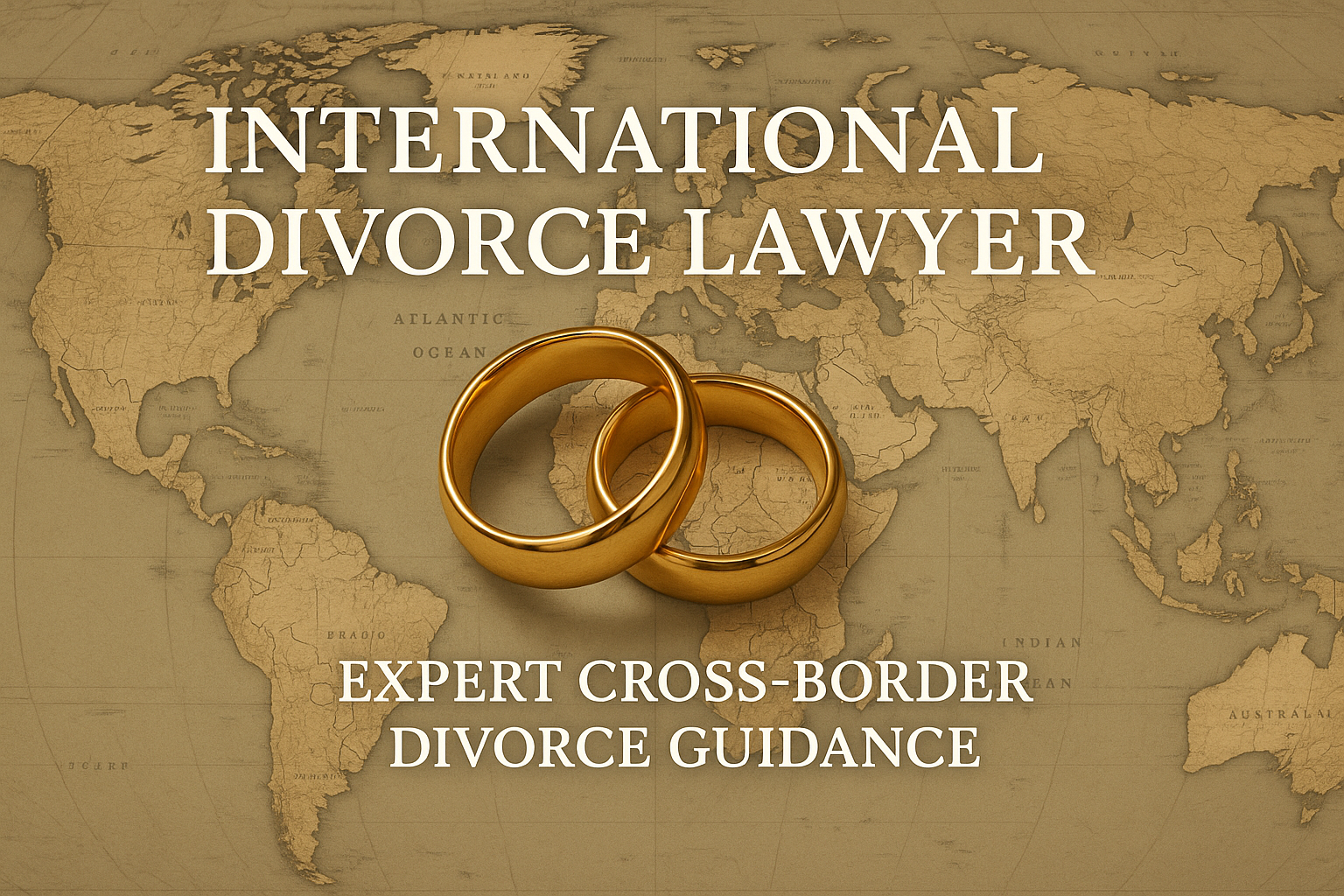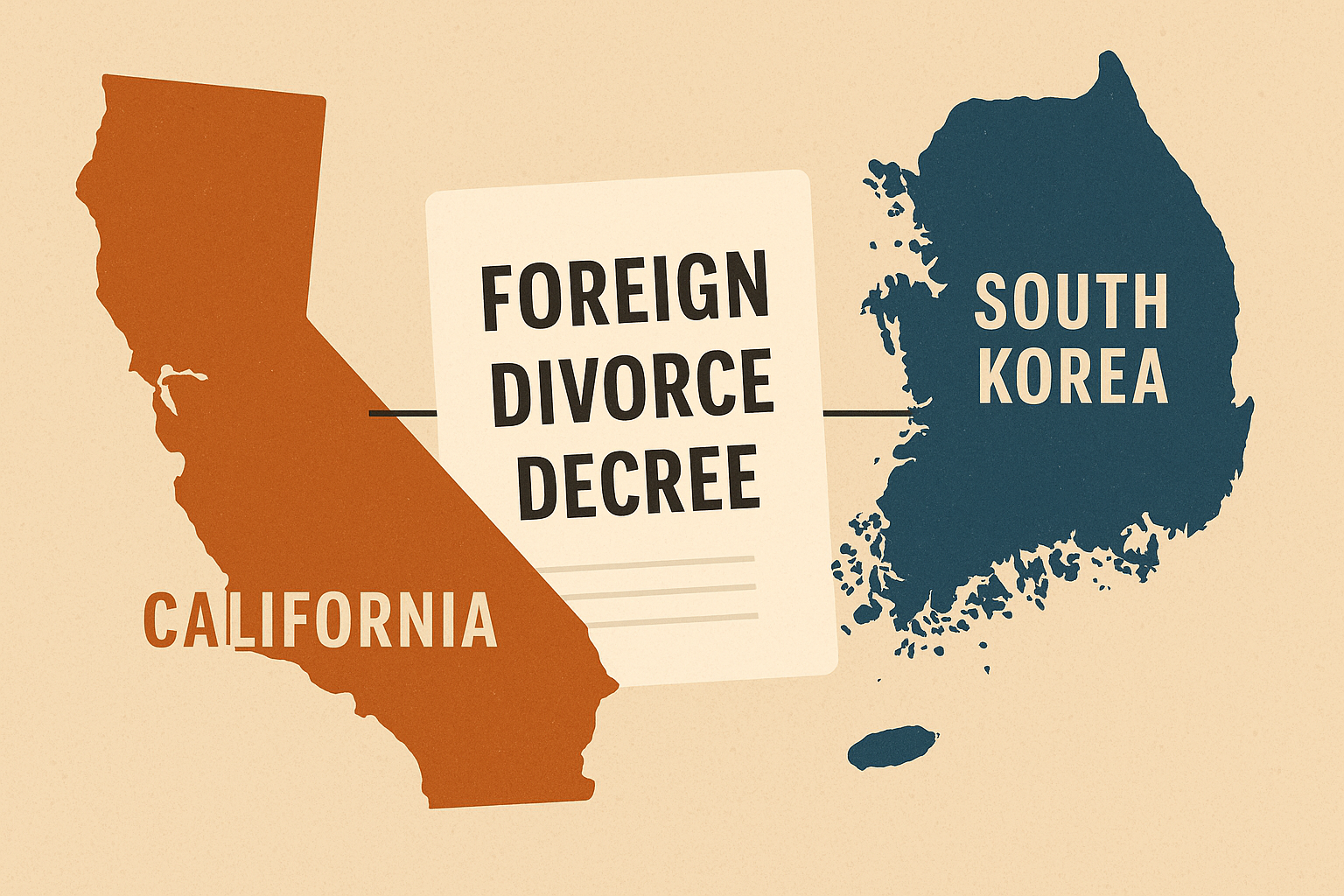How Long Does a Divorce Take in Korea?
Divorce can be a challenging and emotionally taxing process, and understanding the legal timeline can help those involved better navigate their situation, so you might be wondering “How long does a divorce take in Korea?” Durations of a divorce can vary significantly in The Land of the Morning Calm, depending on whether it is a contested, uncontested, or mediation-based divorce. But don’t worry, the legal experts at Pureum Law Office in Seoul, Korea are here to explain and help with whatever decision you make.
1. Uncontested Divorce (협의이혼)
An uncontested divorce, or mutual consent divorce, is when both parties agree on the terms of the divorce, including matters such as child custody, division of assets, and alimony. The process for an uncontested divorce in the Republic of Korea (ROK) is relatively straightforward and tends to be quicker than a contested divorce.
Process and Duration
- Filing a Petition: Both parties must submit a divorce petition to the Family Court. This includes a written agreement on the terms of the divorce.
- Cooling-Off Period: If there are minor children involved, the court imposes a mandatory cooling-off period of three months. For couples without children, this period is reduced to one month. This period is designed to give the parties time to reconsider their decision and explore reconciliation.
- Court Hearing: After the cooling-off period, the couple attends a court hearing. If the judge is satisfied that both parties are in agreement and that the terms of the divorce are fair and reasonable, the divorce will be granted.
- Finalization: Once the court approves the divorce, both parties need to register the divorce with the local district office. This step is essential to make the divorce legally binding.
In general, an uncontested divorce in Korea can take anywhere from one to three months if there are no children involved, and up to six months if minor children are involved, given the mandatory cooling-off period.
2. Contested Divorce (재판상이혼)
A contested divorce occurs when one or both parties do not agree on the terms of the divorce, or when one party refuses to grant the divorce. In these cases, the divorce process becomes more complex and time-consuming.
Process and Duration
- Filing a Lawsuit: The process begins with one spouse filing a divorce lawsuit in the Family Court. The grounds for divorce must be clearly stated and supported by evidence. Common grounds for divorce in South Korea include infidelity, abuse, desertion, or irreconcilable differences.
- Mediation: Before proceeding to a full trial, the court typically requires both parties to undergo mediation to attempt to resolve the disputes amicably. If mediation is successful, the case can be settled relatively quickly. If not, the case proceeds to trial.
- Court Hearings and Evidence: If mediation fails, the case goes to court, where both parties present evidence and argue their case. This stage can involve multiple hearings and require significant time, especially if there are disputes over child custody, property division, or alimony.
- Judgment: After hearing a case, courts will issue judgment. Either party may appeal the decision, which can further extend divorce process.
A contested divorce in Korea can take anywhere from six months to several years, depending on the complexity of the case and the willingness of parties to negotiate.
3. Mediation-Based Divorce (조정이혼)
When filing for a contested divorce, the court initially refers the case to mediation. However, there are cases where parties choose to file for a mediation-based divorce from the outset. This typically occurs when the parties have already agreed on the divorce and most of its terms but prefer court mediation to finalize the details. This option may be chosen when one party finds it difficult to attend court or when the parties want to secure enforceability for the agreed terms. Alternatively, they may have reached a general agreement on most terms but need a mediator’s help to resolve some minor disagreements.
Process and Duration
- Filing for Mediation: The time it takes to schedule the first mediation session varies. If there are minor children, the session is usually scheduled within 45-60 days from the date of filing. If there are no children, it is scheduled within 30-45 days from the filing date.
- First Mediation Session: If the mediation is successful at the first session, the case is concluded. However, if mediation fails, the case generally moves to a contested divorce process. If, however, the parties are close to an agreement and only need minor adjustments, a second mediation session may be scheduled.
- Second Mediation Session: The second session usually takes place about 30 days after the first session. If mediation is successful at this stage, the case concludes immediately. If mediation fails again, the case usually proceeds to a contested divorce process.
Factors That Affect the Duration of a Divorce in South Korea
Several factors can affect how long a divorce takes in Korea, including the presence of minor children, and as previously mentioned, “cooling-off periods” can extend the process. Disputes over child custody or property are another factor affecting divorce process durations. If there are significant disagreements over child custody, property division, or alimony, the process will take longer. In contrast, the willingness to mediate can significantly curtail the process, but only if both parties are willing to mediate and negotiate. Finally, the overall divorce timeline can also be affected by the Korean Family Court‘s current caseload.
In conclusion, the duration of a divorce in the ROK can vary widely depending on whether the divorce is uncontested, contested, or mediation-based. An uncontested divorce may be finalized in a few months, while a contested divorce could take years. If you are considering divorce in Korea, it is essential to understand the process and seek legal advice to ensure that your rights and interests are protected.
At Pureum Law Office, we have extensive experience assisting clients through uncontested, contested, and mediation-based divorces. If you need legal support or advice on your divorce case, please get in touch with us today.




